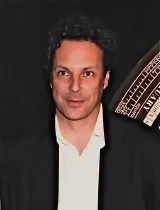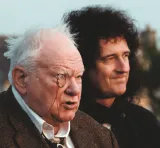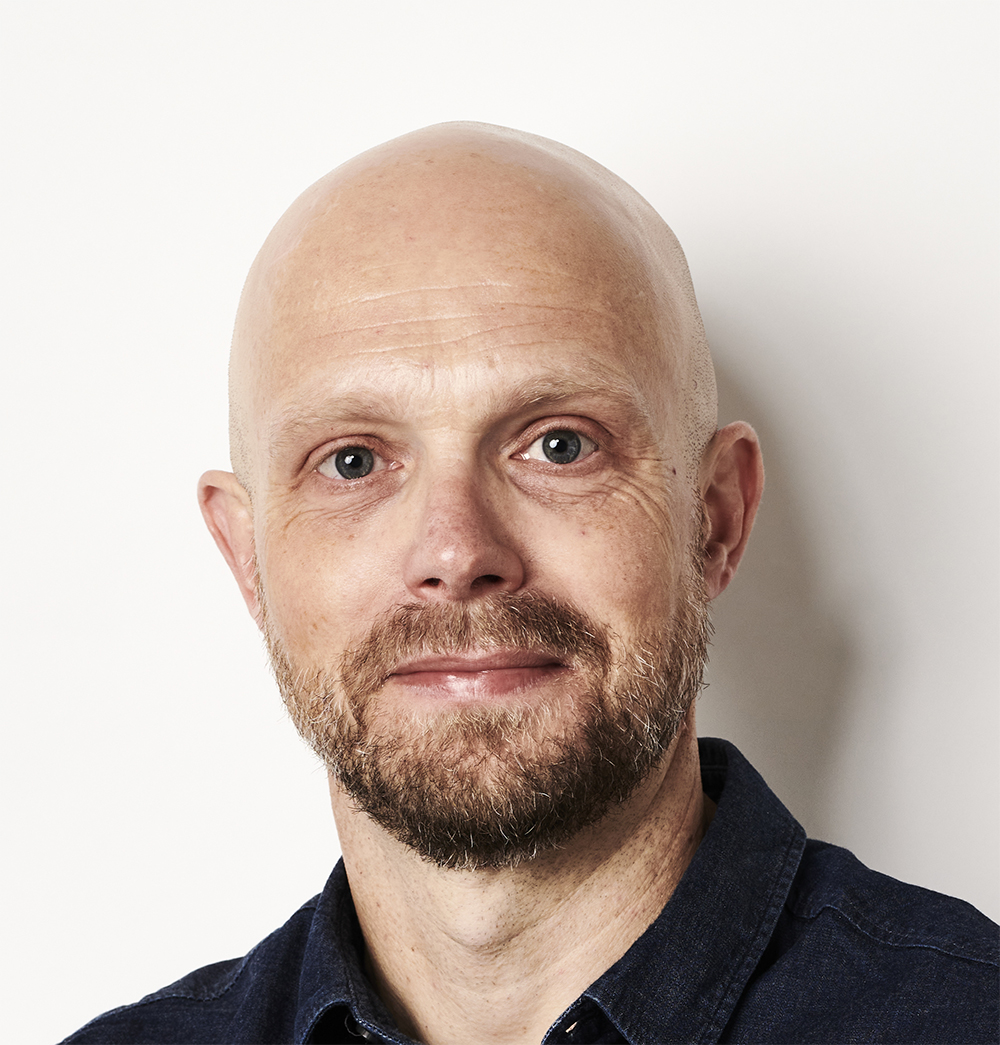In the week running up to the 700th episode of The Sky at Night airing on 6 March 2011, we’re releasing some of our interviews with the show’s producers and co-presenters, which reveal fascinating behind-the-scenes insights into what it’s like to work on one of the longest-running shows in TV history. Here’s our recent interview with producer Ian Russell, who produced the show from 1998 to 2002.

What was it like working with Patrick?
He is an imposing figure when you first meet him, but that’s such a false first impression because he is wonderfully warm-hearted. His enthusiasm for astronomy is just infectious.
He has a legendary reputation. I don’t know how many professors came on the programme and said, “I wouldn’t be here if it wasn’t for you, Patrick”.
The profound influence he has had on the world of astronomy is extraordinary yet he’s very self-effacing, always emphasising his amateur status.
Patrick has always known how to grab the public imagination – how you get something noticed.
Take his monocle, which it was slightly unusual to wear even in the 1950s. But he has continued to wear it and it has served him fantastically because it makes him easy to recognise.
He was a celebrity before the age of celebrity, avante garde in that sense, and backed up his reputation with that rock-solid knowledge of his subject.
There aren’t many people who could possibly have devoted so much time to the subject they love as Patrick.
What were the most interesting programmes to be involved with?
I was the last to produce The Sky at Night in the conventional way. That is recording it in a studio: discussing what was needed and bringing it in to film on a set.

In the four years that I produced The Sky at Night the biggest thing that happened was the total eclipse of the Sun over the west of Cornwall.
That was the first time Brian May (pictured, right) came on the show, he’s an avid eclipse chaser as well as being very interested in astronomy.
Allan Chapman from Oxford University is a fantastic character and knows a terrific amount about the history of astronomy.
I remember doing a programme with him about a thing called a nocturnal, an ancient instrument with which you could tell the time and date by pointing it at stars and moving dials around.
He described how it worked and that was fun to do. Listening to him reinforces how astronomy has fascinated mankind from the earliest times.
Did you cover any major discoveries?
Extrasolar planet searches were getting underway, I think looking out for other signs of life on other planets was very exciting.
Ian Morison from Jodrell Bank also talked about the world’s radio telescopes being used in the search for alien signals, and a programme that you could download that would scan radio waves for them too, SETI@home.
The thought that anyone can help out in the search for ET is very exciting.
